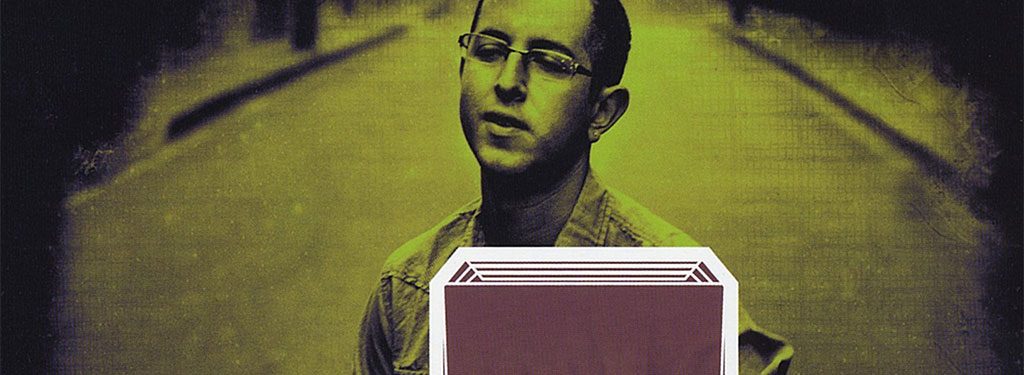
I heard a lot about Juan Pastor before I got a chance to finally hear his music. After listening to Chinchano, I can totally understand why he’s a favorite to play with amongst many of my friends. This isn’t one of those “jazz musician discovers latin music and decides to write an album” latin jazz albums. Pastor is from Peru and now lives in Chicago, so the dichotomy of Peruvian and American music featured throughout this release is just his reality in music form.
One thing I really appreciate about this album — something I think is a hallmark of a mature bandleader and composer — is Pastor’s measured use of instrumental solos. Not everyone solos for five minutes on every track, making each solo more meaningful and unique, and the structure undergoes significant evolutions under the solos, making each solo more exciting. Most importantly, he knows when to let his handpicked musicians have their way, such as on “Avellana”, by giving them every liberty they need.
While every track was excellent in its own unique way, a few stood out to me. Being an ignorant white guy, I initially thought “Negra Presunntuosa” was a montuno, but after a quick check with Pastor, he informed me it’s actually landó. As it turns out, landó and jazz share a similar history, which lends them to an agreeable union. “Lucia” is an amazing blend of panalivio, pregón, and bit of R&B with a Hammond B-3. Never before have I heard those sounds together, but I want to hear more of it. “Tiene Picante” isn’t so much hot as it is happy. I’m not sure if it’s the quick tempo, the powerful rhythms in the melody, or the push and pull of the drum solo, but this track made all bad things in my brain go away.
Rich Moore’s saxophone/clarinet and Marquis Hill’s trumpet often sound like they’re played by the same person; a steady stream of melody consciousness sliding along over the top of Pastor & Co.’s magnetizing grooves. Ah yes, the grooves. The organic polymer grooves — flexible, fun, elastic, but also tough, complex, and enduring. Bringing these Peruvian styles into a jazz rhythm section context took a little more dexterity than just using the slider on a DJ rig. Upon listening to these recordings, it’s very obvious that Pastor has spent much time and energy on working out some of the finer points of this musical hybrid.
I’ll be honest. It doesn’t often happen that an album I write up stays on my iPhone after the post is published, but Chinchano is an exception. I’ll be listening to it for some time to come and be upset with myself for not checking out this album sooner.
